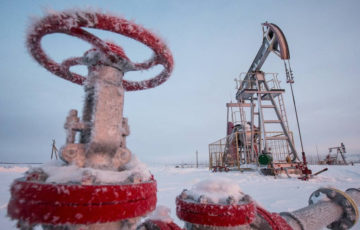 Esfandyar Batmanghelidj in War on the Rocks:
Esfandyar Batmanghelidj in War on the Rocks:
In his 1919 work Economic Consequences of the Peace, John Maynard Keynes warns that “the menace of inflationism … is not merely a product of war, of which peace begins the cure. It is a continuing phenomenon of which the end is not yet in sight.” Keynes was commenting on the negotiations that would lead to the Versailles Treaty. Against a backdrop of hunger and despair, the victors of World War I condemned Germany to further sanctions. The treaty’s proponents believed that to prevent a future war, the German economy, a “vast fabric built upon iron, coal, and transport,” needed to be “destroyed.” But Keynes understood that with Germany in a state of perpetual crisis, the European economy would never recover. Tearing up Germany’s fabric would keep Europe on the path to another great war.
Western governments have responded to President Vladimir Putin’s brutal invasion of Ukraine with an unprecedented sanctions program. President Joe Biden has vowed to sap Russia’s “economic strength and weaken its military for years to come.” Erik Sand and Suzanne Freeman echo Keynes’ warning in this publication, arguing that “there is likely no way to effectively pressure Russia without some increase in the risk of escalation.” Putin may respond to increased economic pressure militarily, but so far he is weighing economic countermeasures. Reports that Russia will ban the export of key commodities for the remainder of the year have rocked global markets given the likely inflationary shock.
More here.
